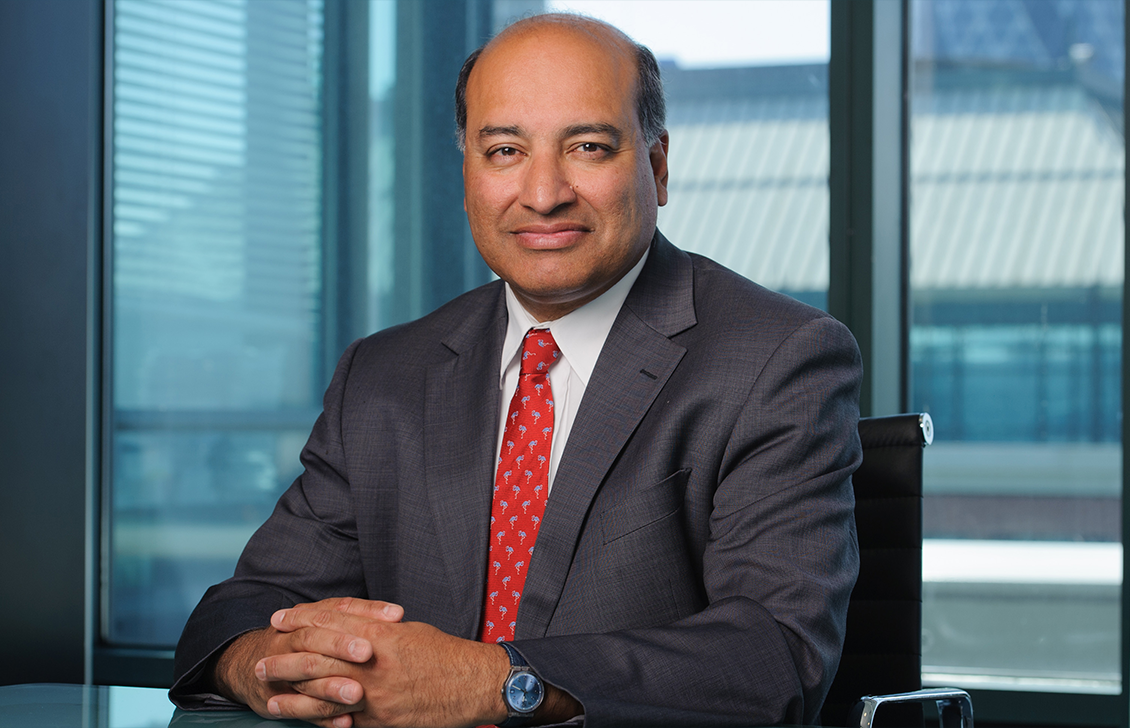These cookies cannot be disabled. They are essential for core functionality in ebrd.com to ensure a seamless and secure experience.
The Governors represented the EBRD’s then 65 shareholders. The outcome of the election was decided by secret ballot. To be elected, a candidate for President had to receive the votes of a majority of Governors, who should represent not less than a majority of the total voting power of members.
A double majority was therefore required:
(i) a majority of the votes of the Governors for each member of the Bank (with 65 members this would mean the support of at least 33 Governors); and
(ii) a majority in terms of the total voting power of members (members have different levels of shareholding, based on their numbers of subscribed shares in the Bank, which determines each member’s voting power).
There were five candidates for the role:
- Germany’s Thomas Mirow, the incumbent
- Sir Suma, previously the most senior civil servant in the UK Ministry of Justice;
- France’s Philippe de Fontaine Vive Curtaz;
- Poland’s Jan Krzysztof Bielecki;
- Serbia’s Bozidar Djelic.
The sixth President of the EBRD since the Bank’s founding in 1991, Sir Suma was the first British national to be elected to the position. He succeeded Mr Mirow who served as President from July 2008 to July 2012.
The previous Presidents were:
July 2000 - July 2008: Jean Lemierre
Sep 1998 - Apr 2000: Horst Köhler
Sep 1993 - Jan 1998: Jacques de Larosière
Apr 1991 - Jun 1993: Jacques Attali




